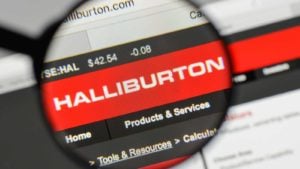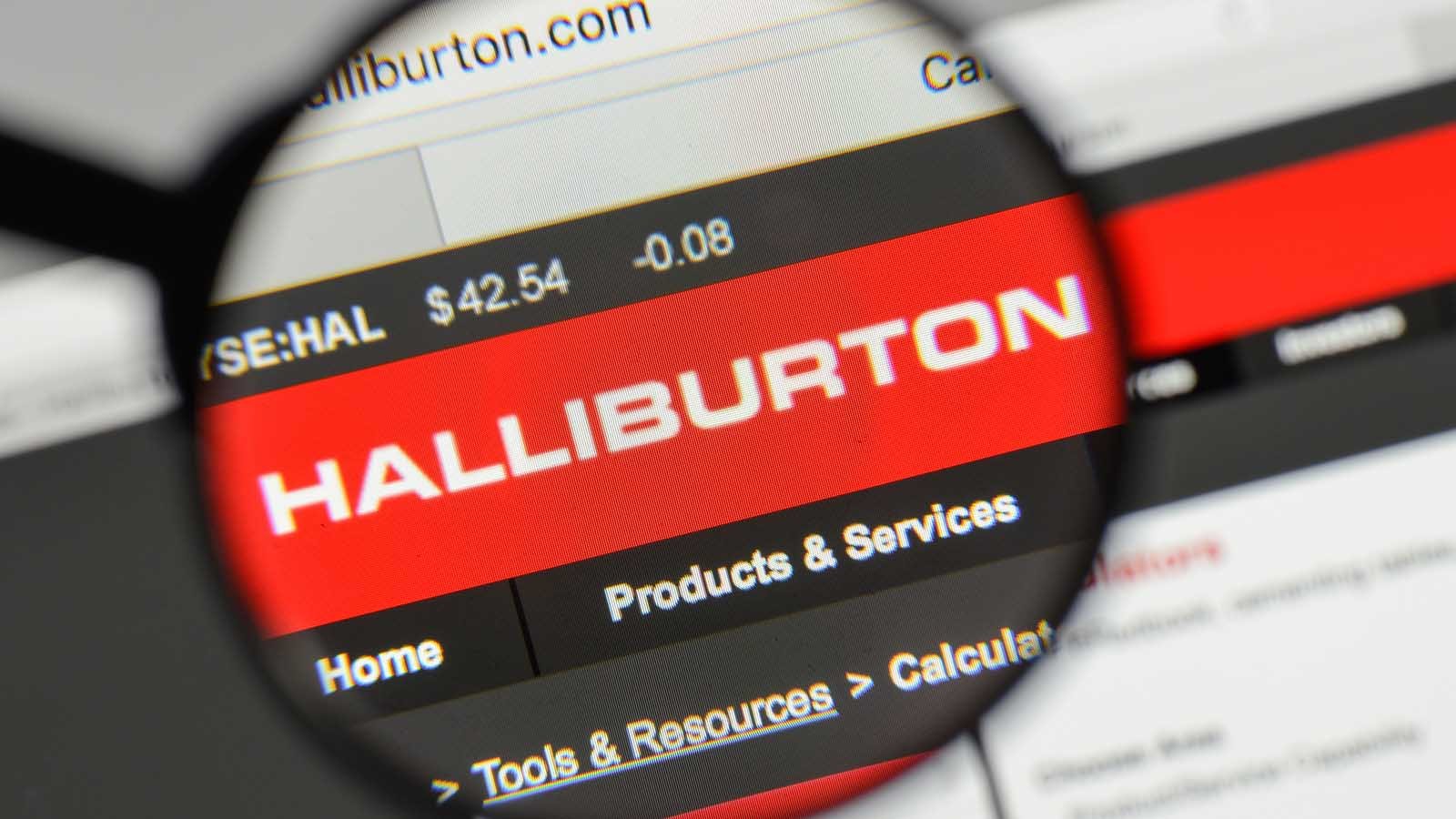Halliburton (NYSE:HAL) and other oil services names are among the epicenters of damage resulting from oil’s current bear market. Underscoring the industry’s sensitivity to oil’s price fluctuations, Halliburton stock has tumbled 72% over the last three months. But over the past month, The shares have embarked on a potentially ill-conceived rally during which the stock nearly doubled off its 52-week low.

In the wake of the rally, investors’ reaction to news of potential output cuts by major oil-producing nations has been disappointing. Specifically, Halliburton and other oil services stocks traded lower on Monday, April 13 after the Organization of Petroleum Exporting Countries (OPEC) and other nations agreed to trim their output by 9.7 million barrels per day in May and June.
Undoubtedly, that’s a significant reduction, but it may not go far enough. By some estimates,, the oil market will still be over-supplied to the tune of roughly 5 million barrels per day.
Too much supply and slack demand – the combination that’s weighing on oil prices today – is a toxic combination for any commodity. But it’s particularly punitive for oil services companies such as Halliburton because it usually forces exploration and production firms to rein in their spending, and that’s bad news for the oil services industry’s top and bottom lines.
Anticipating a Pullback
The shares of oil services firms, including Halliburton stock, are currently controversial. As a result, analysts are predictably divided on their outlook.
On Apr. 13, Halliburton was downgraded by both Scotiabank and Wells Fargo. Both firms placed $8 price targets on the shares.
Conversely, Bernstein analyst Nicholas Green – who’s long been bearish on oil services equities – recently turned bullish on the group. He noted that if oil prices reach $40 per barrel, oil service stocks could surge by an average of 80%.
But Green is wary of any oil services company paying a dividend and said that any firm in the group that is doing so should cease its payout to conserve capital. With the energy sector being ground zero for negative dividend action this year and with Halliburton yielding 9.4%, investors are right to question the fate and wisdom of the payout.
Getting down to the nitty gritty of Halliburton’s near-term outlook, investors are left with two important points to ponder. First, as noted above, at one point the stock had nearly doubled off its recently touched 52-week low.
Second, there’s essentially no evidence to suggest that oil demand will be rebounding anytime soon. That point was likely confirmed by the energy sector’s tepid reaction to the recent production cuts.
The Bottom Line on Halliburton Stock
As odd as it sounds, perhaps one of the most credible near-term catalysts for Halliburton would be a dividend cut.
Based on its annual payout of 72 cents per share and 930.79 million shares outstanding, Halliburton would save $670.16 million if it suspends its dividend for a year. That’s a solid percentage of its market capitalization of $7.31 billion.
Obviously, the risk of eliminating the dividend is that the owners of HAL stock would become solely dependent upon capital appreciation as a driver of their returns.
But the company’s firm balance sheet and a future rebound in oil prices, hopefully to the $40 to $50 per barrel area, would be enough to reward investors who nibble at Halliburton today or, better yet, wait for another pullback of the shares before doing so.
Todd Shriber has been an InvestorPlace contributor since 2014. As of this writing, he did not hold a position in any of the aforementioned securities.
